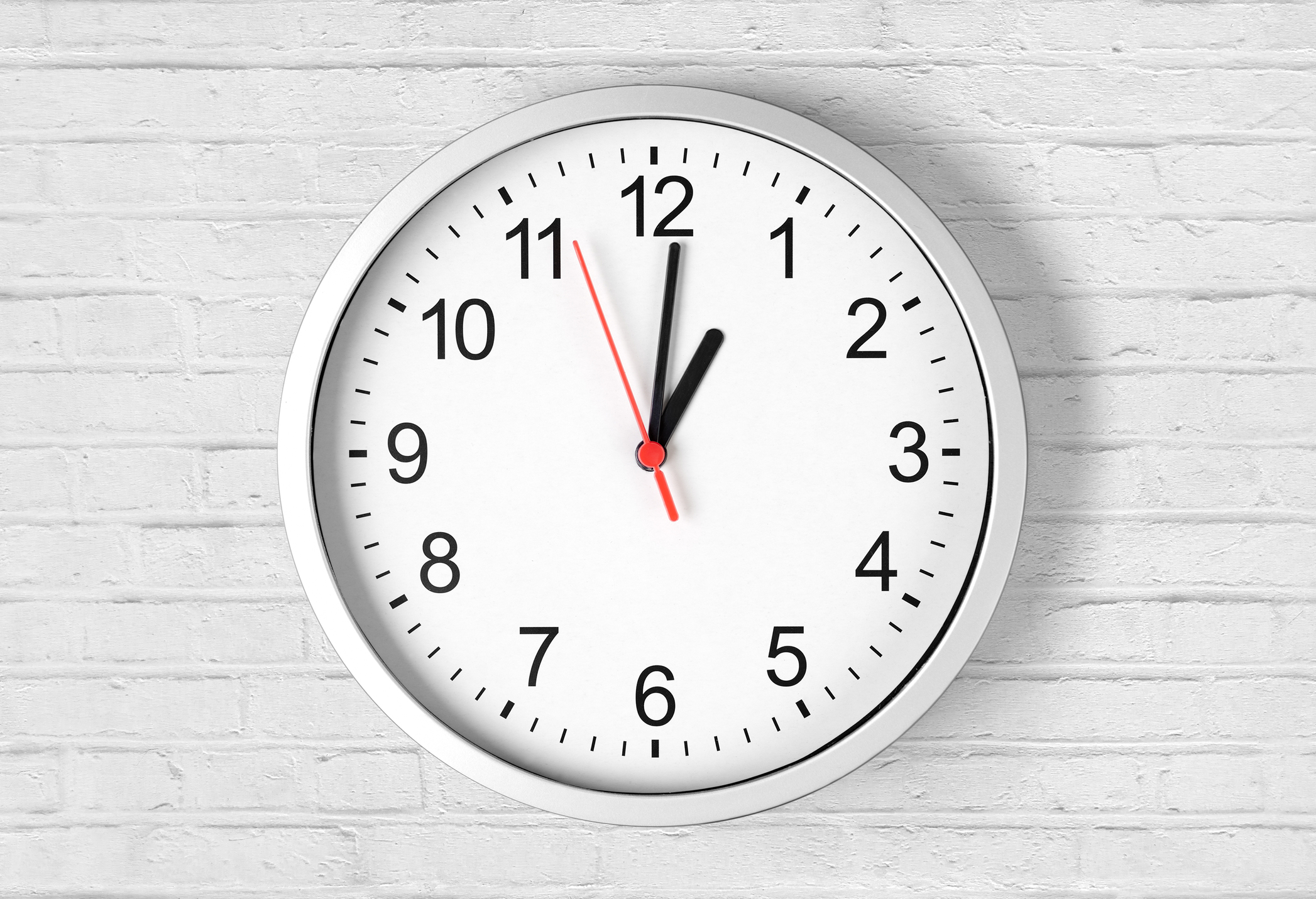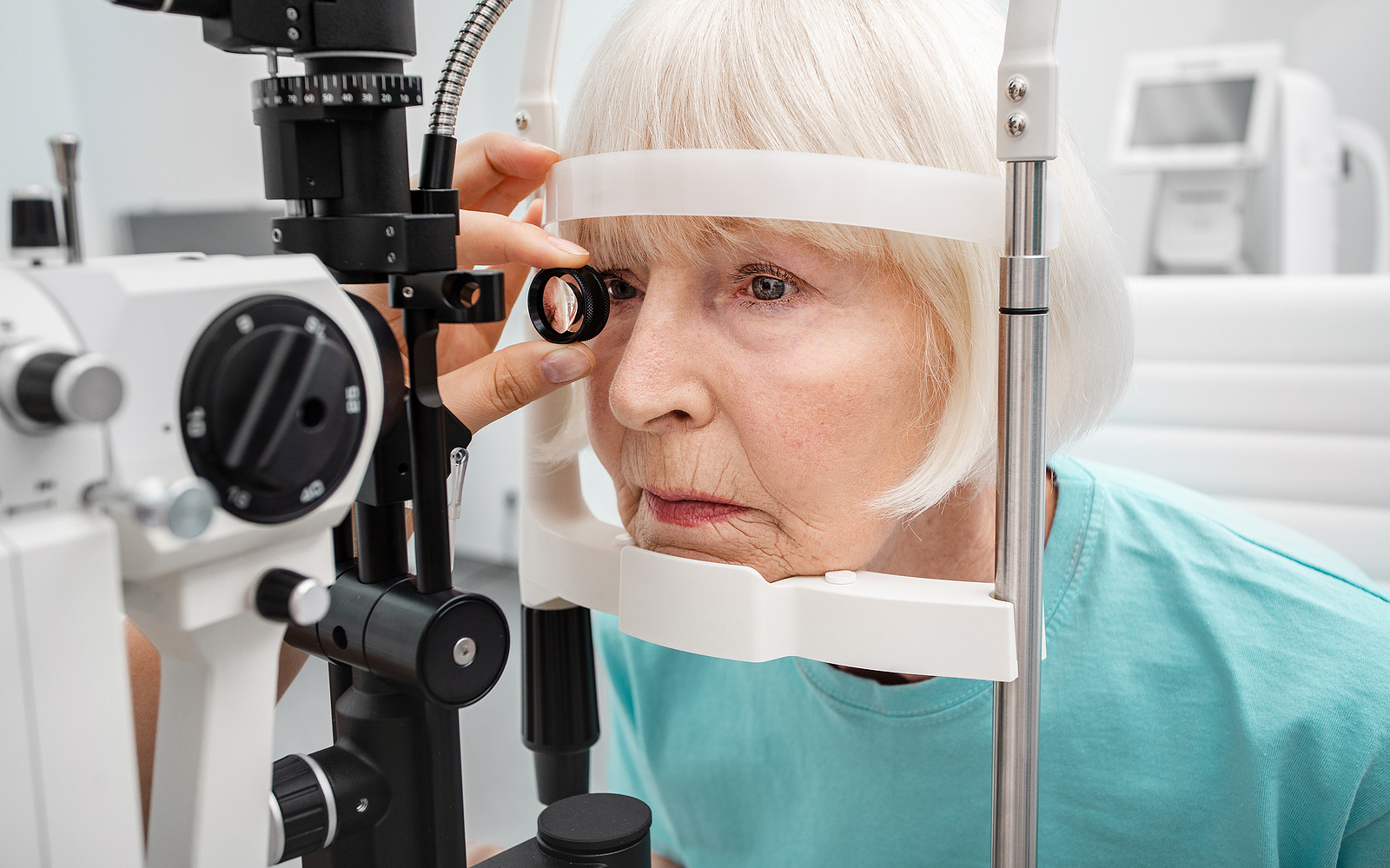Here’s How Long LASIK Vision Correction Will Really Last

For the majority of patients, LASIK surgery will result in a lifetime of improved vision.
If you’re considering surgery to correct or improve your vision, you probably have a lot of questions: How long will the effects of the surgery last? Will you need another procedure in a few years? Does the surgery prevent all potential vision disorders? It’s understandable that you’d want these questions answered before you make any big decisions.
Fortunately, LASIK vision correction surgery has been performed safely and successfully for many years, which means that we now have a large body of evidence demonstrating the effectiveness and longevity of LASIK. Here’s what you need to know:
How Long Does LASIK Vision Correction Last?
LASIK is designed to permanently improve your eyesight by correcting vision impairments such as nearsightedness, farsightedness, or astigmatism. Essentially, the surgeon reverses those conditions for good by reshaping the cornea of the eye during the procedure.
However, the age you opt to have the surgery can affect the outcome. For the longest-lasting results, most patients have LASIK in their 20s to early 40s. During that time, your eyesight is most stable, so you’re unlikely to develop new vision problems. Therefore, the surgery can correct any pre-existing conditions (like nearsightedness, farsightedness, or astigmatism) affecting your eyesight.
If you’re over the age of 40, LASIK is still a good option. Ideally, you should schedule the surgery by your mid-40s to achieve the maximum years of improved eyesight, although the procedure will be permanent as long as your eyeglass prescription has stopped changing.
Will I Need Another LASIK Procedure?
The chances of needing another LASIK surgery after the first one are fairly slim. According to a study in the American Journal of Ophthalmology, only 6% of patients who had LASIK to correct myopia (nearsightedness) underwent a LASIK enhancement procedure within 10 years of the first eye surgery.
Your doctor will want to know if you have had to adjust your eyeglass prescription prior to LASIK. If your eyesight has remained the same in the years prior to the first surgery, you’ll lessen the odds of having a second LASIK procedure.
It’s also important to note that having undergone LASIK won’t preclude you from other surgical options to improve your eyesight. You may still safely undergo lens replacement surgery, corneal implants, or monovision LASIK, a procedure in which one eye is modified for distance vision and the other for reading.
Does LASIK Prevent Other Eyesight Disorders?
LASIK cannot counter the normal effects of aging, including the onset of presbyopia, a condition that impairs your ability to see close-up objects or print. So don’t be surprised if you need to buy reading glasses when you reach your 40s, even if you have had LASIK.
Cataracts — a progressive clouding of the eye lens most often seen when people reach their 70s or 80s — may still occur in LASIK patients as well. But as mentioned previously, LASIK won’t prohibit you from having cataract surgery to replace the cloudy lens with an artificial one and thereby return your vision to normal.
Want to know if LASIK is right for you? The experts at Swagel Wootton Eye Institute can answer all your questions about the procedure and its outcomes. Book a consultation at our Mesa or Chandler locations today.
[DISPLAY_ULTIMATE_SOCIAL_ICONS]








